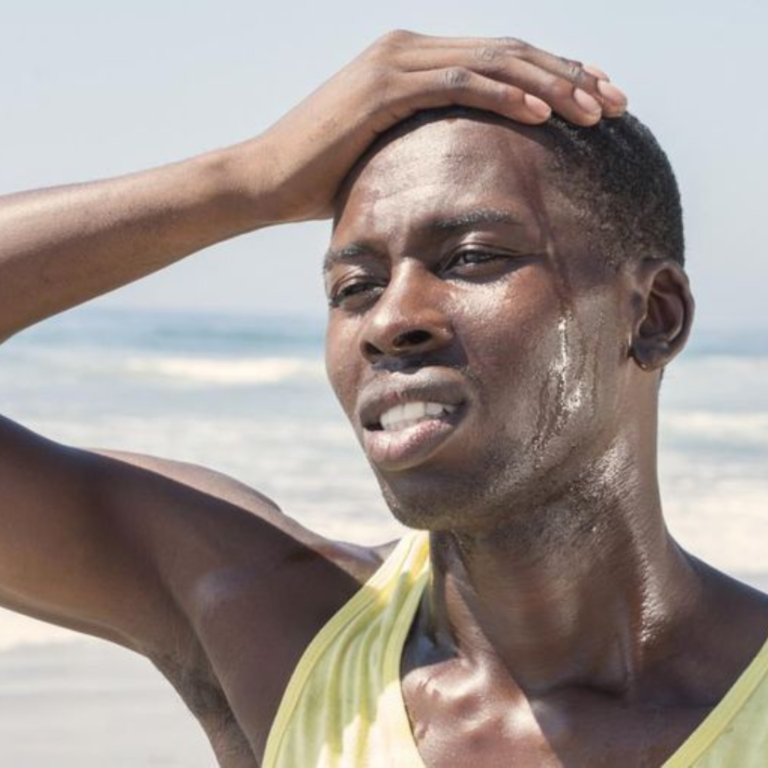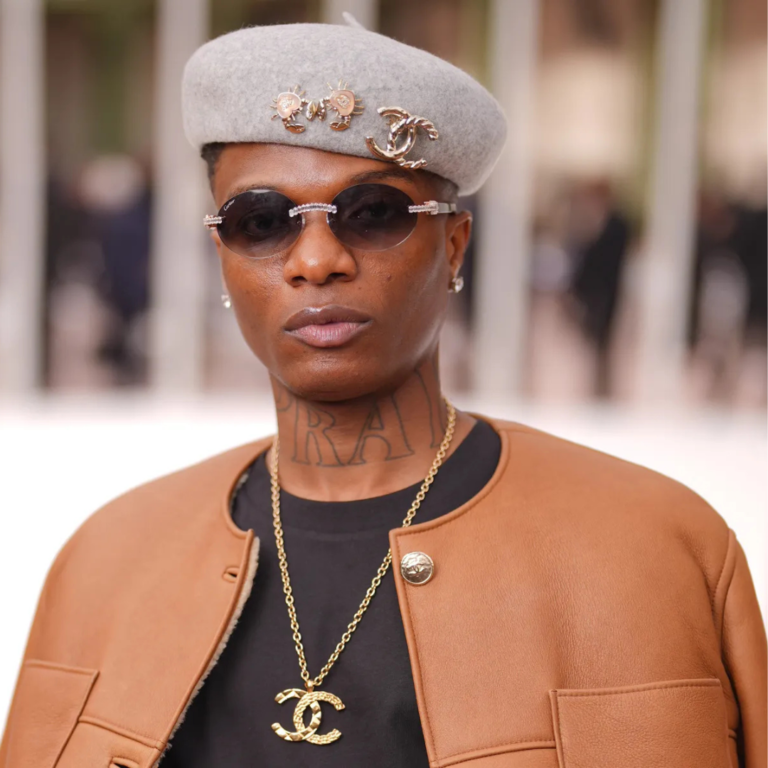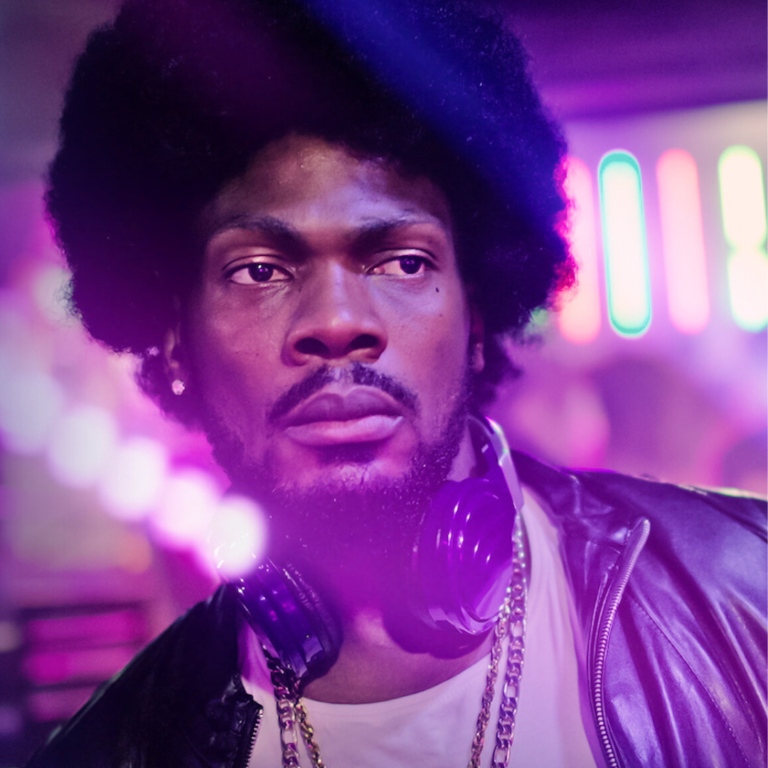A hall of fame solidifies the iconic work a person puts into their craft.
We should have an African music hall of fame, a museum to highlight the impact of its music on society and honour the significant contributors to the industry. But since we don’t have one yet, we can only imagine it would feature these greats.
Miriam Makeba
Mama Africa wrote, sang and performed music, acted in movies like “Come Back Africa” and campaigned against the apartheid — even got exiled from South Africa as punishment. While on exile in the U.S, she performed at the birthday party of US President John F. Kennedy at Madison Square Garden in 1962. Due to her exile from South Africa, she moved around a lot, eventually holding nine passports and honorary citizenships from ten countries — her situation is the grace japa warriors pray for. Her discography boasts nine albums, including the Grammy-Award winning “An Evening With Belafonte/Makeba”.
E.T. Mensah
The Ghanaian “King of Highlife”, E.T Mensah championed Highlife with his Tempos Band throughout the 1950s. In 1940, he joined the Tempos Band originally created by the European soldiers stationed in Accra. Soon, Mensah became the leader of the band which disbanded and was reshaped in 1946 to consist of only African musicians. Mensah’s popularity grew worldwide when he performed with Louis Armstrong in 1957.
Angelique Kidjo
The Beninese singer-songwriter, actress and activist was born into a family of artists. Her father was a musician; mother, a theatre director and choreographer. She first gained success as a teenager with her version of Miriam Makeba’s “Les Trois Z”. She performed as a backup singer for local groups and as a lead vocalist for Pili Pili, an Euro-African jazz and rock band in 1985. In 1991, she signed to Island Records and made four albums. Since then, she’s gone on to record 11 more, with five Grammy Awards to her name.
Fela Anikulapo-Kuti
Abami Eda, as Fela’s also called, was a Nigerian musician, bandleader, composer, instrumentalist and activist. His music is robust, endures in relevance, and his lyricism is unapologetic in delivery. He sang in Pidgin English, Yoruba and didn’t cater to the Western audience. As his music grew popular, the ruling class were not having it because of his political messages, and raids were launched on his Kalakuta Republic — his iconic home. Under military rule, Fela’s music grew too political for labels to publish and his commentary brought him at loggerheads with the soldiers. He was in jail for 20 months under Muhammadu Buhari’s first government. After his release, he continued to make and perform music until his death in 1997.
Brenda Fassie
She was the IT babe of her era and went by nicknames like MaBrr, Queen of African Pop, The Black Madonna, Madonna of the Township — titles that capture her brilliant musicianship and closeness to the grassroot. Due to the consistent anti-apartheid lyrics in her music, she enjoyed massive popularity. Among her multi-platinum selling albums is “Memeza”, South Africa’s best-selling album of 1998. Brenda’s impact earned her the 17th spot among the top 100 Great South African according to public vote, and the 2005 Lifetime Achievement Award at South African Music Awards.
King Sunny Ade
KSA performs juju music crafted out of ancient oriki — poetic lyrics to praise-singing people in high places. He ushered the steel pedal guitar into the Nigerian pop music scene and is the first juju musician to accompany the music with tenor guitar, clarinet, synthesizers and vibraphone in an effort to imitate the traditional juju instruments that were hard to carry on the road. His 1983 album, “Synchro System”, earned him a Grammy nomination — the first for a Nigerian artist. In 1998, he bagged another nomination for his album, “Odu”. Although he’s never won a Grammy, he’s regarded as one of the world’s greatest band leaders. KSA’s elite musicianship shows in his guitar prowess and impeccable dance moves when he comes alive on stage.
Oumou Sangaré
She’s considered the queen of Wassoulou, a region in Mali that heavily inspired her music, which advocates for women’s low status in the society. Oumou has recorded ten albums and received awards like Commander of the Order of Arts and Letters of France (1998), Ambassador of Food and Agriculture Organisation (2003), Artist Award at WOMEX 2017, all for her music and women’s rights advocacy.
Hugh Maskela
Dubbed the Father of South African jazz, Hugh Maskela was highly recognised for his beautiful compositions that addressed South African apartheid. While touring Africa in the 1970s, he worked as a teacher for a year in Guinea, played with Fela Kuti’s band and recorded five albums. He has over 45 albums to his name today.
Umm Kulthum
Umm Kulthum’s career spanned over four decades, from the 20s to the 70s, and her emotive performances captivated audiences across Africa and beyond. Her vocal range, mastery of maqam (Arabic musical modes) and improvisation made her an unparalleled artist. Her songs explored themes of love, patriotism and social justice, resonating deeply with the Egyptian masses and elevating her to a symbol of cultural identity and national pride. Umm Kulthum passed away in 1975, but her legacy as the “Star of the East” lives on.
Sir Victor Uwaifo
A multidisciplinary artist born in Benin, Nigeria, Victor Uwaifo started playing music in secondary school. He played at St. Gregory’s College, in Lagos, and with Victor Olaiya’s All Stars band before moving to E.C Arinze’s highlife group. At 24, he released his popular track, “Joromi”, in 1965 — the same year he founded his Melody Maestros band. The song won him the first gold record certification in Nigeria and Africa, courtesy of Philips, an old British record label. Throughout his career, he experimented and developed sounds like Akwete, Shadow and Ekassa.
Ali Farka Toure
Regarded as one of Africa’s most important musicians from Africa, Ali Toure is the creator of desert blues — a fusion of traditional Malian music and African-American blues. Many of his songs have featured in films and documentaries like the geo-quiz segment of The World PRI-BBC, the short film titled “L’Assedio”, 2018’s “Black Panther”, Nintendo’s Animal Crossing games and more. He passed away in 2006, but till today, he’s on the list of 100 greatest guitarists of all time, as seen on Rolling Stone and Spin Magazine.
Mahotella Queens
Talent scout and music producer, Rupert Bopape, formed Mahotella Queens in Johannesburg in 1964. Originally a band of five South African women, the supergroup, famous for their unique harmonies, guitar-led mbaqnaga music and fast-paced dance, now has three — Hilda Tloubatla, Nobesuthu Mbadu and Amanda Nkosi. Since the group’s inception, they’ve made hundreds of recordings, mostly for the international audience. Their music has been recognised and sampled by new generation artists like Cassper Nyovest.
Dorothy Masuka
Dorothy Masuka was a renowned Zimbabwean musician known for her powerful voice and versatility in blending jazz, traditional African rhythm and afro-pop. Her music career began in the 1950s when she moved to South Africa and established herself as a prominent jazz singer. Her 1993 hit song “Hamba Nontsokolo” addressed migrant workers’ struggles and catapulted her to fame. Masuka fearlessly tackled political and social issues through her music, collaborating with notable artists like Miriam Makeba.
Mounira Mitchala
She’s a Chadian musician known for her soulful voice and captivating performances. She blends traditional Chadian melodies with contemporary African and global influences, creating a unique and eclectic sound. Her lyrics are a blend of local languages — Arabic, Sara and French — showcasing her commitment to promoting the language diversity of her country. Mounira has released several critically acclaimed albums, including “Talou Lena” (2010) and “Tchad” (2014). Her music addresses social issues and promotes unity and resilience, elevating Chadian music.
Khaled
Algerian singer, songwriter and multi-instrumentalist, Khaled, has been active in the industry since he was 14. His 1986 album, “Kutche”, shot him to the limelight and introduced rai music — an Algerian genre characterised by its folk music, Western influences and elements of pop, reggae, and funk — to a broader audience. Khaled’s bold voice and charismatic stage attracted audiences across continents to rai. His music has influenced artists like Rachid Taha, Acid Arab and Soolking.
Take the survey here.




